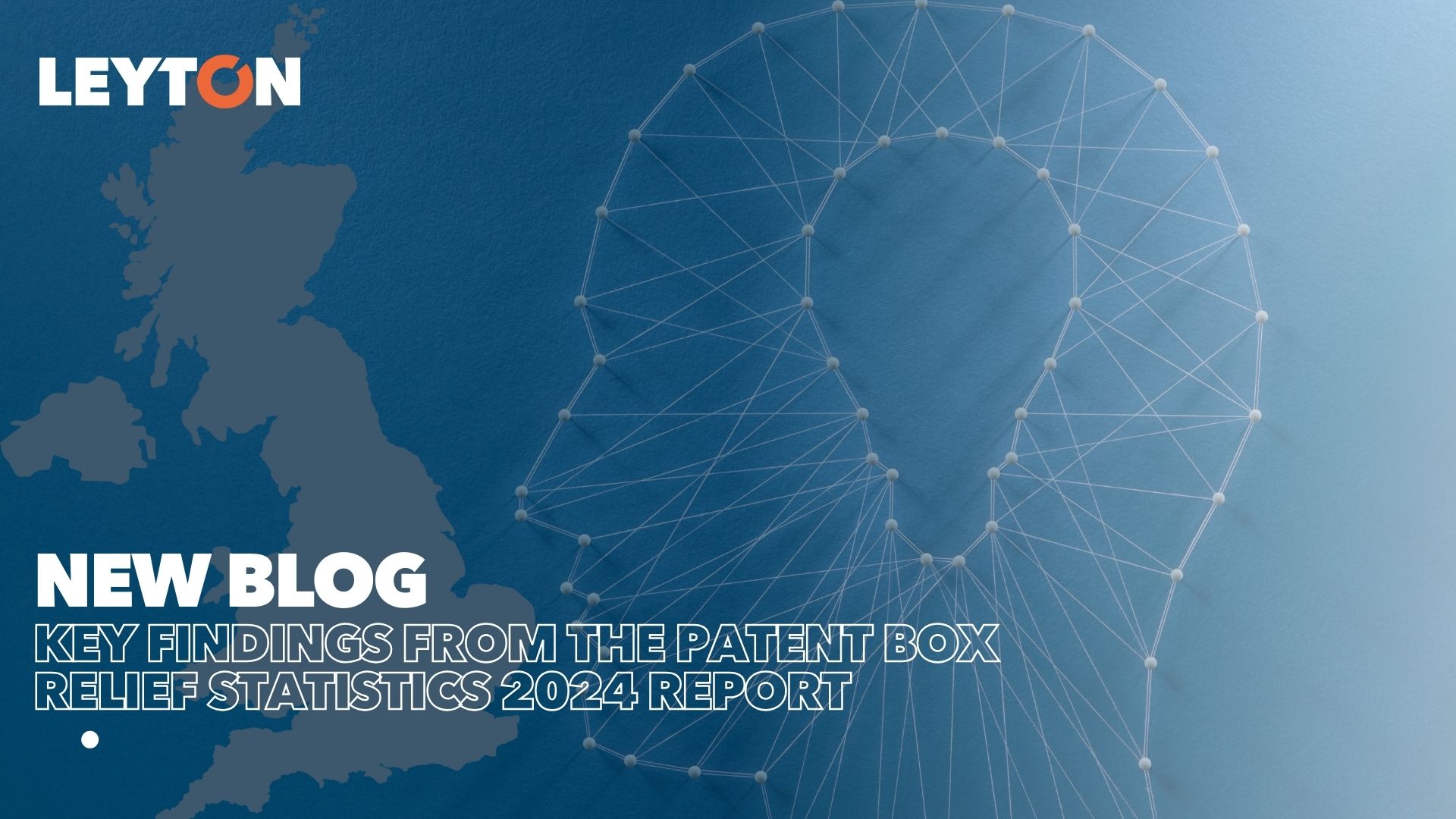
As digital banking becomes the norm, over a third (34%) of Brits are worried about the potential of IT failures at their banks, and 25% now keep cash on hand as a precaution against outages.
This trend reflects the growing uncertainty consumers feel about the reliability of digital financial services, as the availability of in-person banking continues to decline.
Over the past year, one in six (17%) people have been affected by IT failures within their banks, facing an average disruption time of six hours, with customers unable to access their funds or pay for essential goods and services.
This data comes from GFT’s latest Banking Disruption Index, a bi-annual assessment of consumer sentiment towards digital banking. GFT is a specialist technology engineering organisation focused on helping banks safely transform for the digital age.
The research also uncovered growing concern about the resiliency and security of third-party technology providers supporting banks, with 38% of respondents worried about the potential of these organisations to cause an IT outage at a bank, highlighting a broader scepticism around the security and reliability of outsourced digital services.
Additionally, 42% of those surveyed said they were wary of cyber-attacks, fearing that an outage could lead to personal information theft. This underscores the growing expectation for banks to protect both consumer data and access to funds.
Richard Kalas, Client Solutions Director, Retail Banking at GFT, says: "These findings reveal a clear disconnect between the rapid digitalisation of banking services and consumer confidence around the security and resillience of these measures. While digital banking offers numerous benefits, it’s essential that banks continue to clearly demostrate the various measures they are taking to ensure all critical customer services are resillient.“
Going cashless
But it’s not just cybersecurity troubling British banking customers. More than half of consumers (54%) are significantly worried about the prospect of a cashless society. Despite the digitalisation of banking services, Brits continue to rely on physical currency, making cash payments an average of nine times per month.
This attachment to cash is reflected in strong public opinion about maintaining access to physical currency, with a quarter of consumers calling for government legislation to mandate a minimum number of ATMs in towns and cities.








